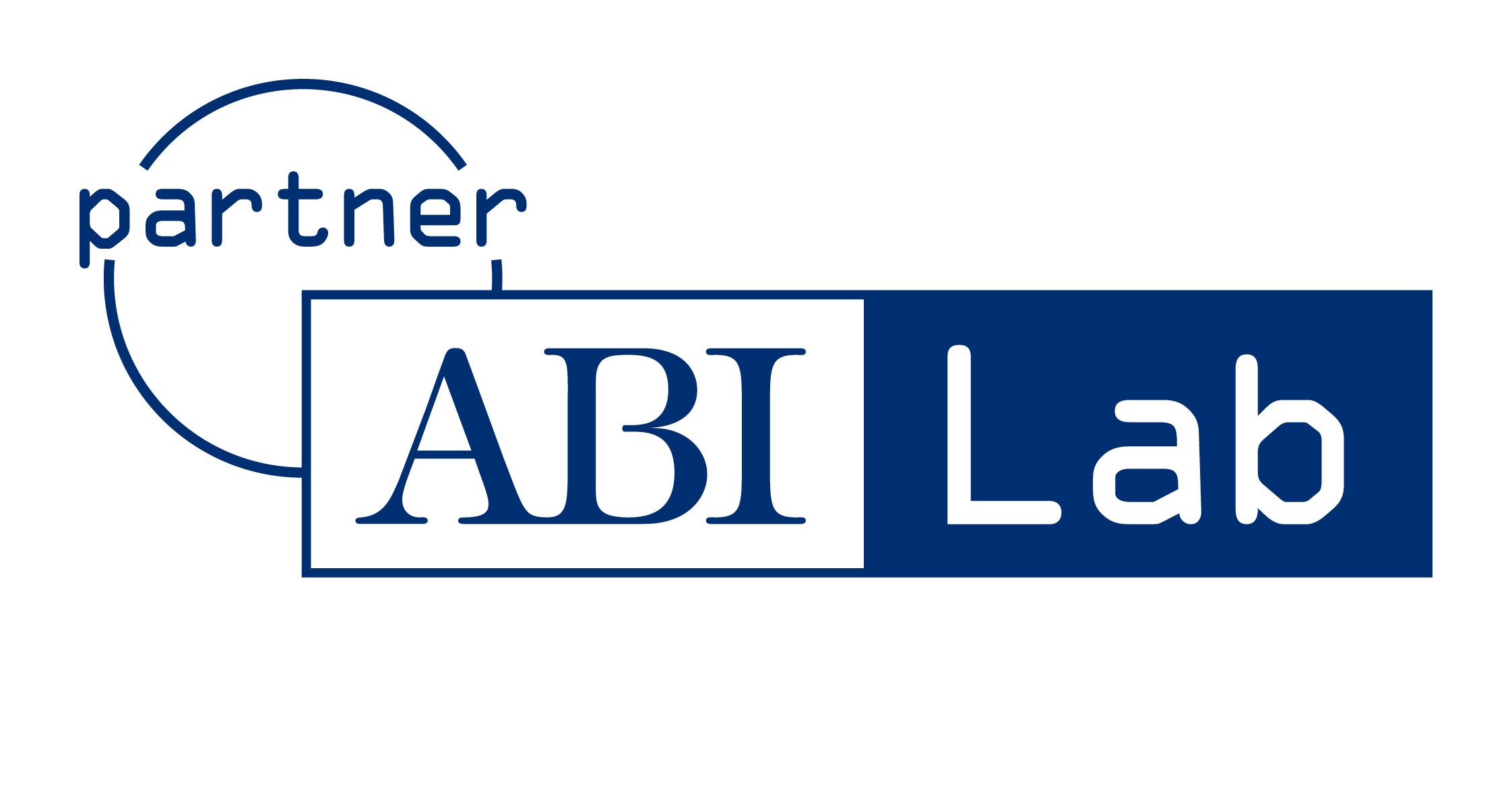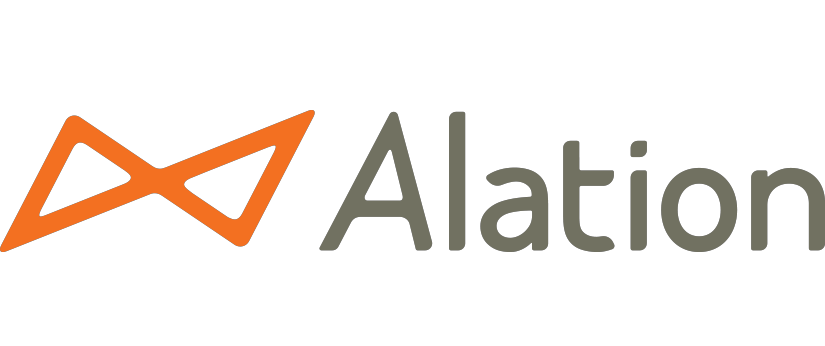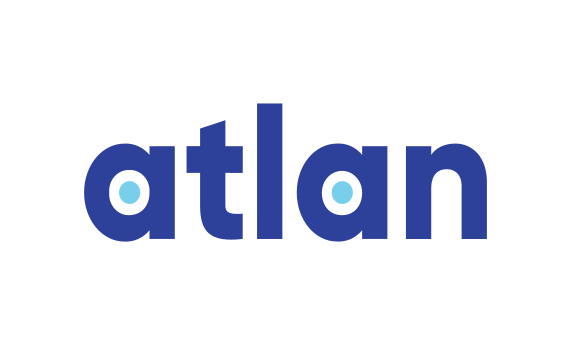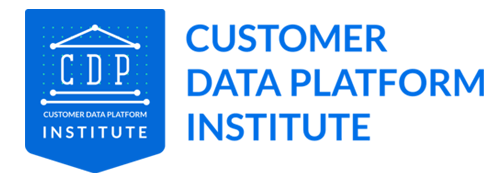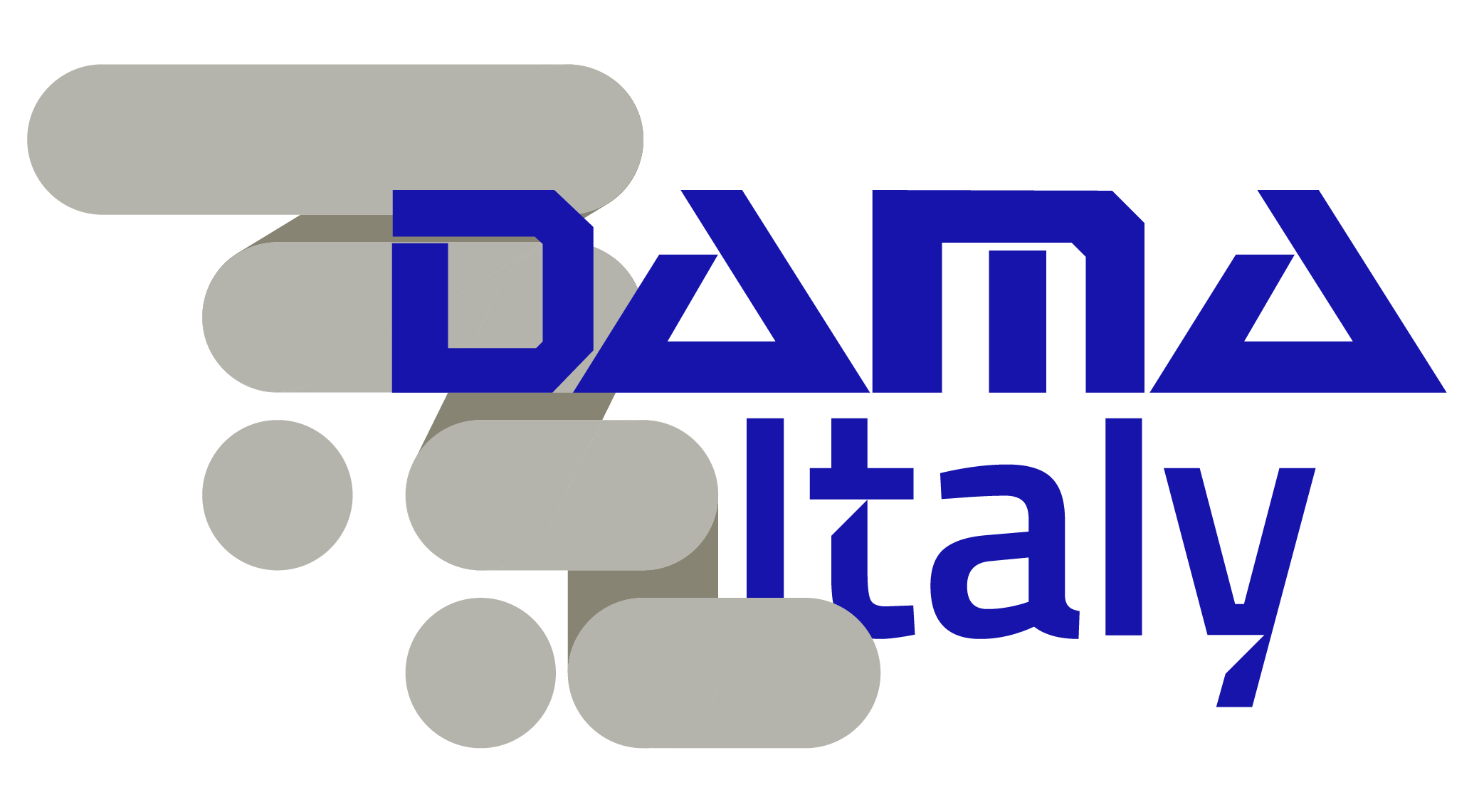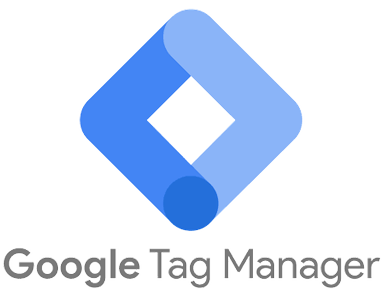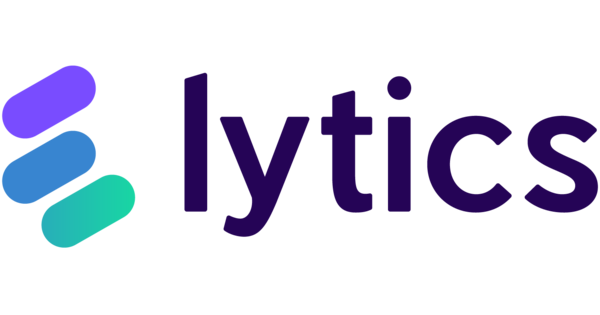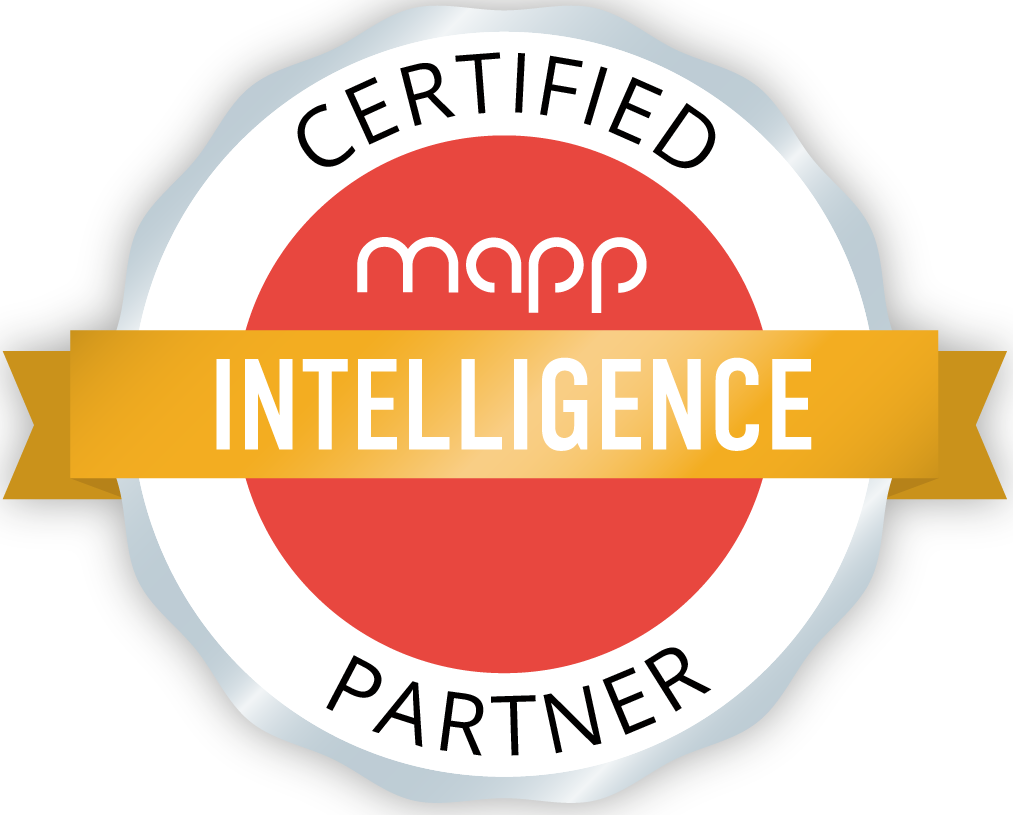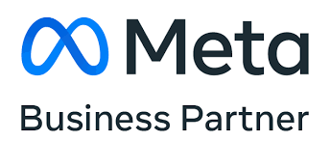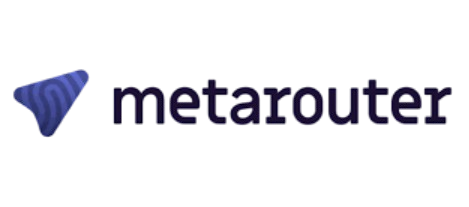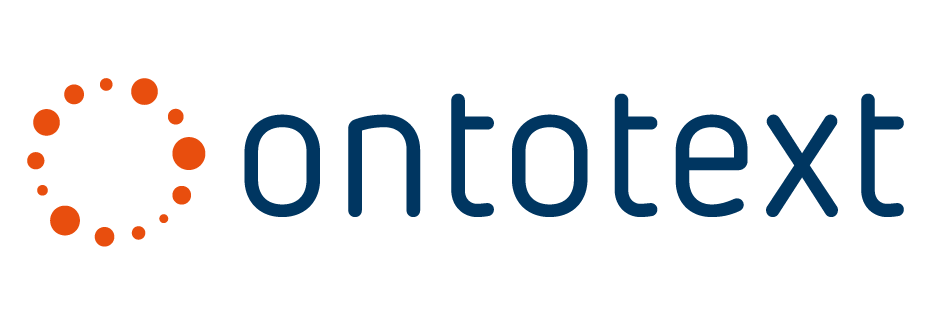In this article series, we have explored the core principles of Unified Marketing Measurement (UMM) and its importance for marketers in today’s landscape (Part 1). We examined how UMM is driven by Artificial Intelligence (AI) and the transformative capabilities offered by Generative AI (GenAI) (Part 2). Finally, we discussed the integration of synthetic data to improve the feasibility and success rates of targeted projects (Part 3).
Given this potential, along with the availability of tools and the complexity of the necessary skills, a crucial question arises: should you develop your own UMM system, or should you opt for an off-the-shelf solution?
Pre-Packaged vs. Custom UMM Models
Major marketing vendors offer pre-built models that require minimal data input, often including market statistics and user-friendly dashboards. These solutions allow for rapid model deployment, deliver quick insights, and come with predictable licensing fees. However, they often lack transparency regarding model calculations, do not grant ownership of the model, and offer limited flexibility for customization.
In contrast, a more agile approach involves building custom models tailored to the brand’s unique circumstances. This method integrates the brand’s own experiences and data with the relevant context and market data.
A custom model allows for continuous refinement and adaptation to changes in both business and market conditions. It considers the differing impacts on brands within the same industry and incorporates data and elements that are specifically relevant to a particular business or sector.
Crafting Your Own UMM Model: Essential Tools and Steps
Developing a custom Unified Marketing Measurement model that effectively addresses a company’s unique omnichannel challenges requires specific skills and resources.
Quality data is essential, with a focus on daily or weekly spending and sales figures. Synthetic data can help by extending, enriching, and anonymizing these data series, while incorporating your company’s unique domain knowledge.
To utilize open-source models, you need cross-functional skills such as programming, statistics, mathematics, and econometrics.
Data scientists are essential for building, verifying, and refining the model, while your marketing team plays a crucial role by sharing its knowledge and experience.
Most importantly, you must be prepared to act on the model’s outcomes and recommendations, whether that involves budget reallocation, prioritizing certain channels, or changes in your company’s strategy.
Outsourcing some or all these skills is a viable option, especially if your company does not plan on having a resident data science team. However, it is crucial to ensure that your team receives adequate training to effectively manage the model moving forward and to recognize when to seek external support.
Making Your UMM Model Work
Once your company’s custom UMM model is developed, it must be integrated into daily business practices:
- Integration: Connect the UMM model with existing systems and technologies.
- Implementation: Introduce the UMM model into the team’s daily workflow, starting with a Proof of Concept (PoC) before scaling to additional markets, products, segments, and channels.
- Ownership: Cultivate a sense of ownership and credibility among all stakeholders — leaders, managers, IT, and operations — to build trust in the model’s outcomes and recommendations.
- Learning Culture: Foster a culture of learning, data-driven decision making, and measurability to maximize the effective use of the UMM model.
- Action: Ensure the team is prepared to take action based on the model’s outcomes and recommendations, whether that involves a budget shift, prioritizing specific channels, or adjusting strategies.
- Continuous Improvement: Promote a culture of continuous improvement and refinement of the UMM model based on feedback and results.
BitBang’s Solution
A bootstrap solution can be a game-changer during the building phase, combining the best open-source algorithms with marketing experience, domain expertise, generative AI, synthetic data, and industry knowledge. This kind of solution offers end-to-end support and service, along with the specialized competencies required to ensure its effectiveness for your business.
BitBang is uniquely qualified to provide a UMM solution because it offers a model that is tech stack agnostic, adaptable to any architecture, and supported by training and hands on sessions. The training and hands-on sessions are aimed at empowering the company to fully own its model. This approach actively involves all relevant stakeholders — from CMOs to business analysts to IT departments.


